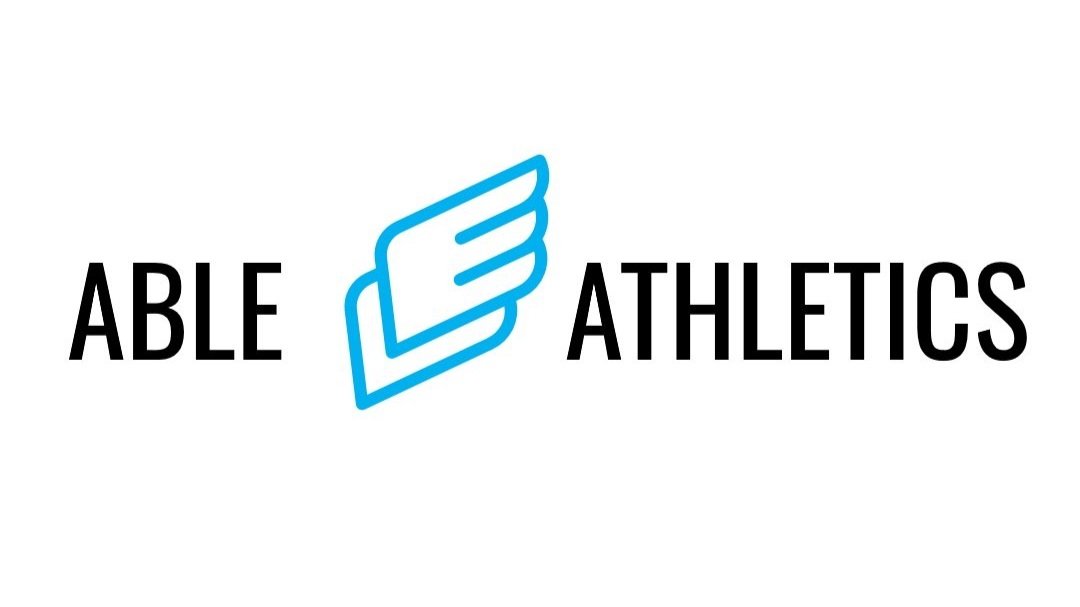Our motivation
Able Athletics is committed to educating youth about the importance of inclusivity and understanding for individuals with needs. This initiative aims to bridge the significant gap in sports opportunities for youth intellectual disabilities and different needs. By fostering awareness and empathy among young people, we strive to create a more accepting and inclusive society where everyone, regardless of their abilities, can participate fully and thrive.
-
More than 50% of parents of children with disabilities report feelings of isolation and loneliness due to their child's condition. Sports provide emotional and social connections for athletes and their families.
-
Educating youth about individuals with disabilities helps them develop an understanding and empathy. It promotes inclusivity by teaching them that everyone deserves respect, regardless of their differences, and that individuals with differences are an important part of our community.
-
Education can help dispel misconceptions and reduce stigma associated with disabilities. It helps youth understand that all individuals are unique with their own abilities, strengths, and challenges, and that they should not be defined by their disabilities.
-
Educating youth on disabilities promotes positive attitudes and behaviors towards individuals with differences. It encourages kindness, acceptance, and appreciation for diversity, fostering a culture of respect, compassion, and inclusivity.
-
Educating youth on differences empowers them to become advocates and allies for individuals with disabilities. It encourages them to speak up against discrimination, advocate for equal opportunities, and promote inclusion in their communities.
-
In today's diverse world, it is essential for youth to be prepared to interact and work with individuals of all abilities. Educating youth on special needs equips them with the knowledge and skills needed to navigate diverse settings, be it school, workplace, or the community, and promotes a more inclusive and accepting society.
-
When youth are educated and inclusive, individuals with differences are more likely to be included, respected, and supported in their communities, leading to improved quality of life and well-being.

